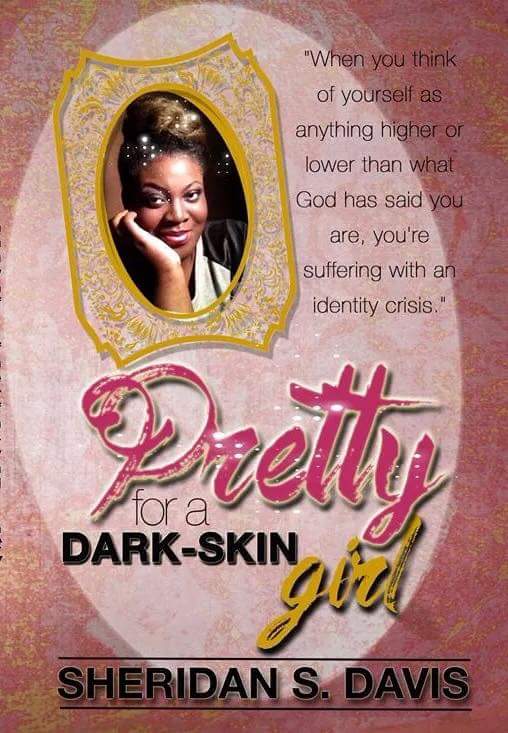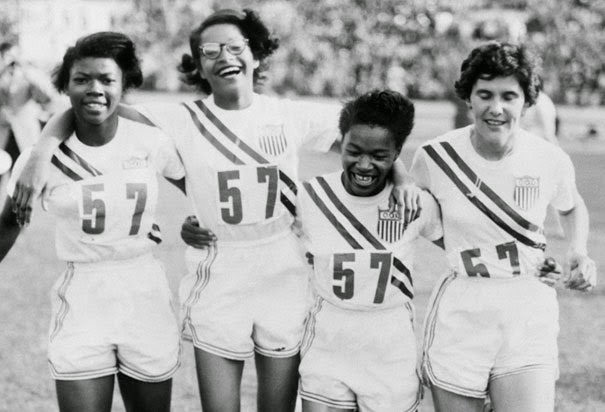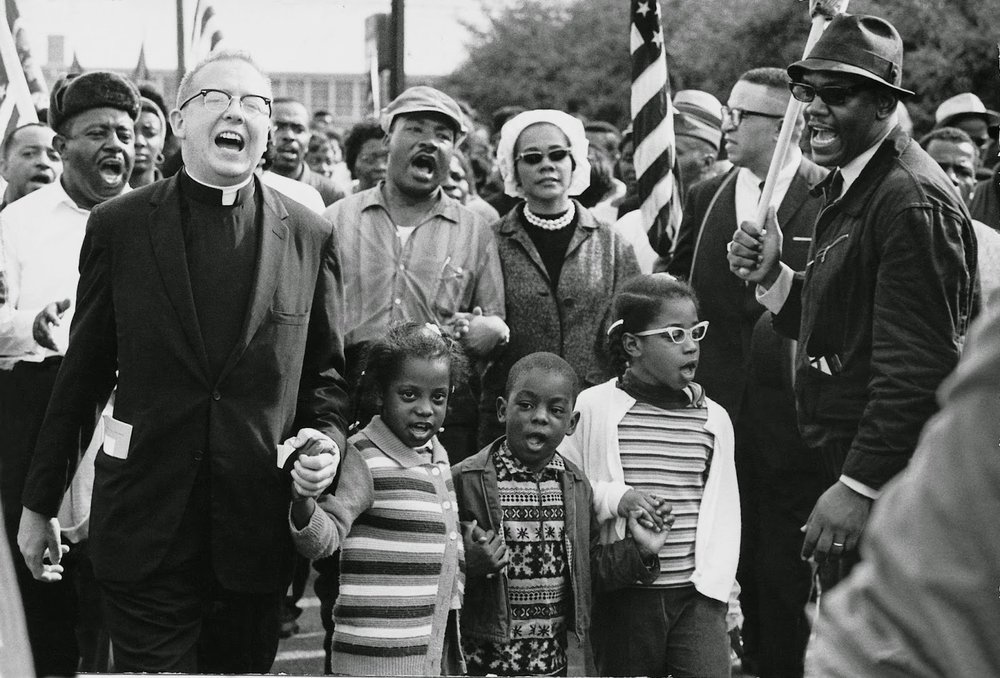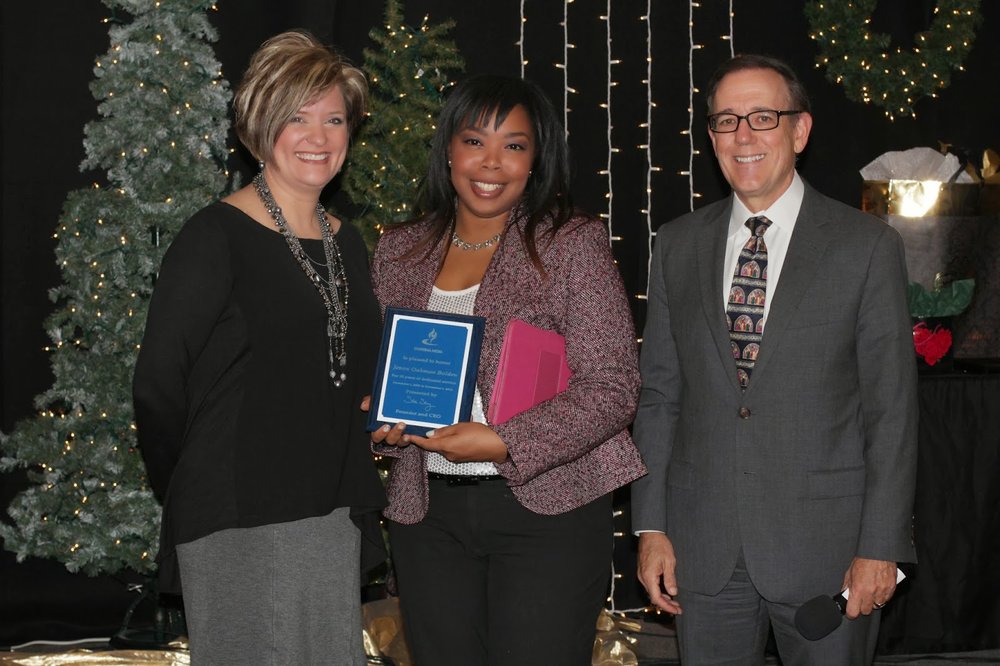In a previous post, I hosted guest blogger and indie author Sheridan Davis who shared her inspiration for writing her newest book, Pretty for a Dark-Skin Girl. Some of you, who may read my blog, may not be all that familiar with the concepts and issues she uncovered, so I wanted to provide additional comments to the post to provide a bit more context.
I invited Sheridan Davis, author of Pretty for a Dark-Skin Girl, to write a guest post for my blog because her book and her passion to encourage and heal people in areas concerning race dovetails closely with what I'd like to see myself do in this next season of life.
Currently the official canon of American Renaissance literature (defined by F. O. Matthiessen as literature written between 1850 and 1855) includes no women and no people of color. Across the US and the world that include American Renaissance, or the like, as part of their curriculum study this time period with only the perspectives of white men. But both women and people of color wrote landmark, culture-shifting works during this time that embody the very meaning of renaissance. I aimed to uncover and explore their works.
Adichie tells the story of a Nigerian family under the oppression of a fanatically religious father. The story is told through the sensitive eyes of fifteen-year-old Kambili. The wealthy and privileged family consists of father, Eugene; mother, Beatrice; elder son, Jaja; and younger daughter Kambili. They are members of the Igbo tribe and live in Enugu. Despite his tyrannical rule over his family, Eugene is known an upstanding businessman and kind-hearted, generous philanthropist who gives to widows, pays tuition for over one hundred poor children, and funds the efforts of his local Catholic church.
Incidents in the Life of a Slave Girl is "an eloquent and uncompromising slave narrative" and is "arguably the most comprehensive slave narrative written by a woman." (Encyclopedia Britannica) In her writings we can clearly see the intersecting, overlapping, and oppressive struggle of a person of color and of a woman.
In a Chicago Triune article, Nara Schoenberg quotes Ebony Elizabeth Thomas, an assistant professor at the University of Pennsylvania: “Fewer than 40 books by African-American authors for adolescents were published in 2015….Every year thousands of books for kids and teens are published, and every year we don’t seem to be able to get that number much over 100.”
The move from twelve years in adult Christian publishing to mainstream children's book publishing was pretty monumental. The only place I've left after years and years of being there was home. Oh and when I moved away from the town I grew up in to come to Florida for the job I held for twelve years then left for this new thing at Scholastic. Yeah, pretty monumental for a tiny person like me. What may seem like everyday, noneventful occurrences not worth talking about are quite the opposite for me.
When one season ends and you are looking ahead to the next season, how do you prepare? What happens in the in-between? I don’t know if we spend enough time in that in-between space. Sometimes we were so ready for the last thing to end that we don’t pause to consider the implications and lessons that accompany both seasons.
Yesterday, I left my career home of twelve years. I was a baby when I started and I am still sort of a baby now (at least that's how I feel). And those who are interested want to know what's next. "Where are you going, Jevon?" It's hard for me to just say the company and the job title without sharing the weight of what I feel this next season is all about for me, and, really, for anyone who has an ear to hear what the Spirit is saying to them during what I believe is a time of major transition for God's people around the globe. So I'll start with a little background.
There's something interesting that happens with transition: you literally have to leap to the next opportunity holding on to nothing of the past or you will not cross over into the next thing. I believe that to transition successfully you have to be willing to lose all that you gained in a previous season to seize what is ahead of you in the next season.
Gentle persistence helps decision makers understand the value you place on your dreams. Don't be annoying and don't give up.
It is imperative for me to read widely across genres, ideologies, and cultures so that I can stay on top of trends. My knowledge in this area is pivotal to publishing decisions. I have to own this part of my professional development; nobody's going to make me read. I read to improve my editorial skill and to maintain connection to what matters to people so that the books I buy meet the target audience's needs in a meaningful and speak to what matters to them.
In honor of Black History Month and this illustrious group of black women who have done so much to encourage each other to live healthy, well-balanced lives, I share this history of black women who have run before us and whose spirits and drive still run with us today.
I think it's important to place special emphasis on the histories and contributions of the many ethnic groups represented in this country. When we don't, we tend to overlook the beauty of our diverse cultural perspectives—and almost assume that we all think alike and begin to hold each other to certain expectations and standards that if they are not met we feel justified in our expressions of hate or apathy toward each other's struggles and experiences.
Writers have a unique weapon at their disposal that can bring healing to the world. That weapon is the written word. Just like any weapon it can be wielded for good or evil. The right word at the right time can have a huge impact if only on one reader at first, transforming them into a force of change and compassion and producing a ripple effect that can ultimately impact entire cultures and societies.
Though Dr. Martin Luther King Jr. is the very deserving front man on whom we shower accolades and credit for the achievements attained during the Civil Rights Movement, it was the collaborative effort of several groups of strategic thinkers who carefully plotted out and executed an irreversible, genius plan to equalize life for black people in America. The strategy used is called nonviolent direct-action protest.
One of my favorite things to do is encourage someone toward their dreams. In turn one of the most rewarding part of my job as an editor is to see that encouragement become a dream realized for the dreamer. Sometimes all you need is for someone to give your dreams real and grounded validation and approval. I believe that there is hardly anything impossible for someone who is believed in and believes in themselves.
Sometimes I wonder if our dejected reactions to the nos in our lives are too premature. Maybe if we hold on to hope just a little while longer that there's something better on the way, we might see that the no was a good thing.
When I write things down, they become part of my consciousness; and somehow my hope, actions, speech, and expectations align with what was written. How does it happen? I have no idea how this happens, but when I look back and see I "unconsciously" accomplished the goal, I am completely amazed.
December 1, 2013 marked for me a completion of ten years in book publishing. I have learned so much these last ten years. But it seems that most of the real, life-changing lessons have happened in the last three or four years. It hasn't not been easy at all (mostly personally), but it has been good.





















